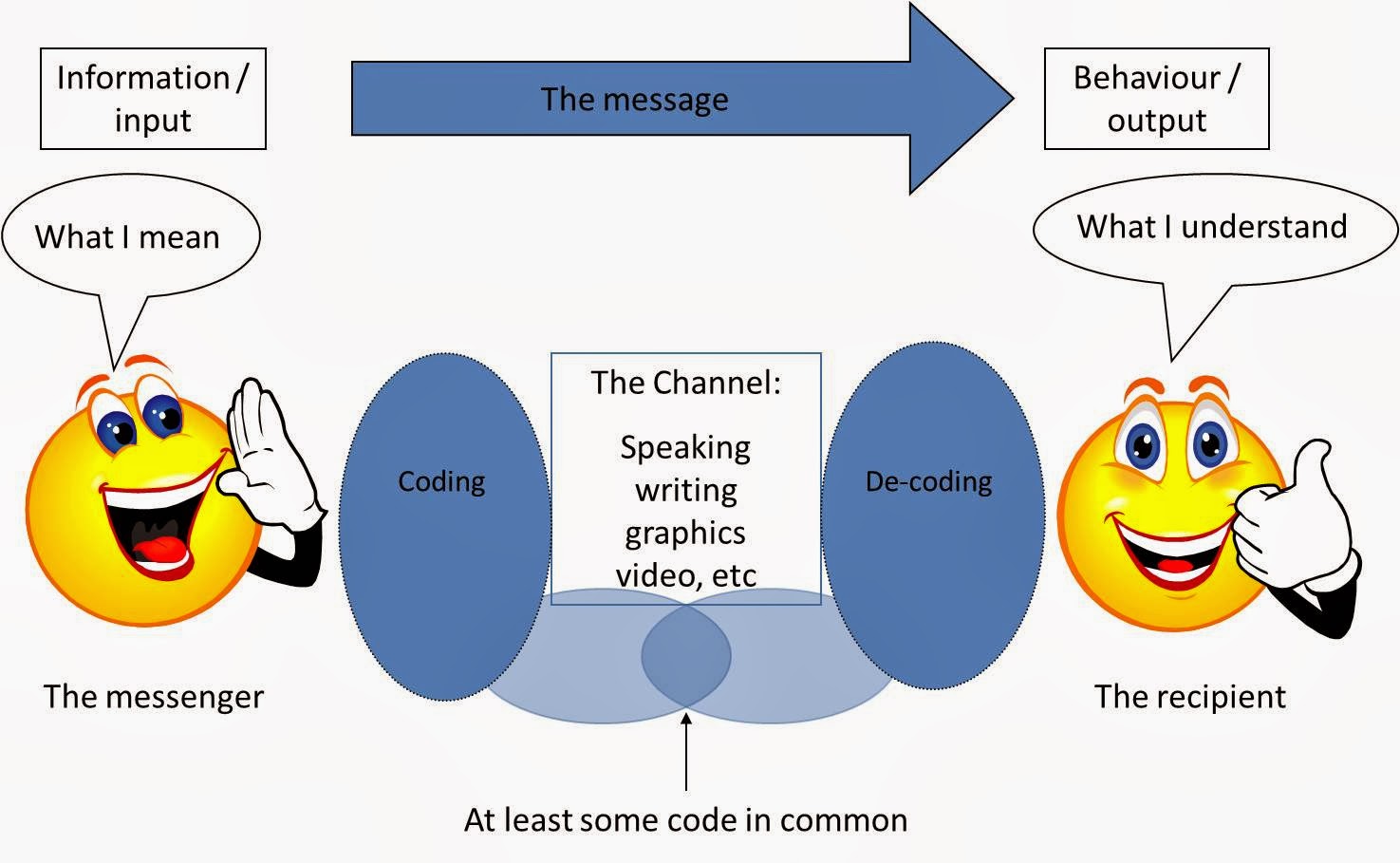Two Best Article on Reading for the Celebration of World Book Week
The
joy of reading
In times of crisis, nothing comes to your
rescue like a good book does. For those who make reading a part of the art of
living, calmness of the mind is an automatic outcome. There are books which are
easy to grasp and you enjoy them and learn from them. But, at times, you come
across books that you don’t understand and hence don’t enjoy them.
In such cases, if the book is a best seller
or from a renowned author, one need not read it in one go. Just read a few
pages here and there and keep it at a safe distance. Repeat this process a
couple of times over a period of time. A time will come when you will start
understanding it and enjoying it; and you will feel as if you are a part of the
book.
In ‘The Story of Philosophy’, Will Durant
talks of philosopher Spinoza and says one has to study his books, particularly
‘Ethics’, and not just read them. And
don’t think that you will find their core by running over them rapidly.
Such a book must be read in small portions
in many sittings. After reading it fully, you would have definitely understood
some parts of it, if not fully. Reading others’ writings on the book you could
not understand makes it easier. Finally, read the book again, and you would
have not only understood it, you would have transformed yourself into a ‘little
philosopher’!
Buy several good books and just keep them
somewhere where you can have a look every day. Whenever you are free, get hold
of one of them and start going through a few pages. The point is to make books
your lifelong companion and not an object of pleasure for a day or two. A book is generally bought by most of us for
three reasons: To have the sheer pleasure of reading; to gain knowledge and to
gain awareness. And it is possible some
books give you all the three — pleasure, knowledge and awareness.
Source :
http://www.hindustantimes.com/comment/innervoice/the-joy-of-reading/article1-1126291.aspx#sthash.bw8peAv9.dpuf
Literary
voyeurism
JAMES WOOD, a British critic, fell in love
with Gustave Flaubert’s Emma Bovary when he imagined her fondling the satin
slippers she wore at a great ball, “the soles of which were yellowed with wax
from the dance floor”. Henry Miller, though born to Lutheran parents in New
York, had a liking for Plutarch, Petronius, Marcel Proust and that dotty
Russian theosophist, Madame Blavatsky, the original New Ager. How do people
know this? Because both authors came clean about their literary passions.
Writers are made by their reading, which is
why it is such fun to peer at their bookshelves and inspect the dog-eared
pages, the turned-down corners. More than 50 years after Miller published “The
Books in My Life”, Wendy Lesser has brought out an equally personal reading
memoir. Founder and editor of the Threepenny Review, an American literary
magazine, Ms Lesser is known for her non-fiction writing: her examination of
Shostakovich’s quartets and a study of the subterranean in literature entitled
“The Life Below the Ground”.
Her new book, “Why I Read”, is a model for
the modern age, with a list of 100 books to read for pleasure and a notice at
the back advertising an online guide for reading groups. But her instincts are
those of her literary forebears. She recommends Henry James and Patricia
Highsmith for plot, Charles Dickens for character and Javier Marías, a Spanish
writer, for being so good at mining the “uncertain borderline between the dead
and the living”. For novelty she prescribes Geoffrey Chaucer, Jonathan Swift
and Miguel de Cervantes, and in modern times, David Foster Wallace. To Russia,
for love, would be Ms Lesser’s advice. Only Fyodor Dostoyevsky can offer a
double lesson on the love of God and the love of a good woman.
“Reading literature”, she says, “is a way
of reaching back to something bigger and older and different.” How very
consoling.
Source: http://www.economist.com/news/books-and-arts/21594232-american-critic-dissects-lifelong-satisfaction-literary-voyeurism




Comments
Post a Comment